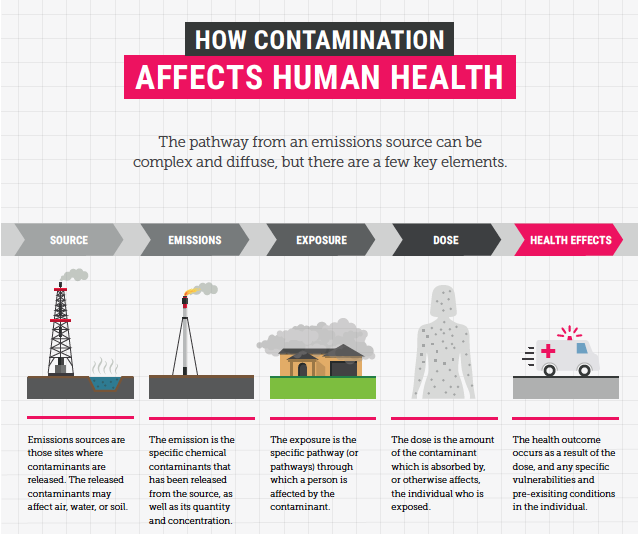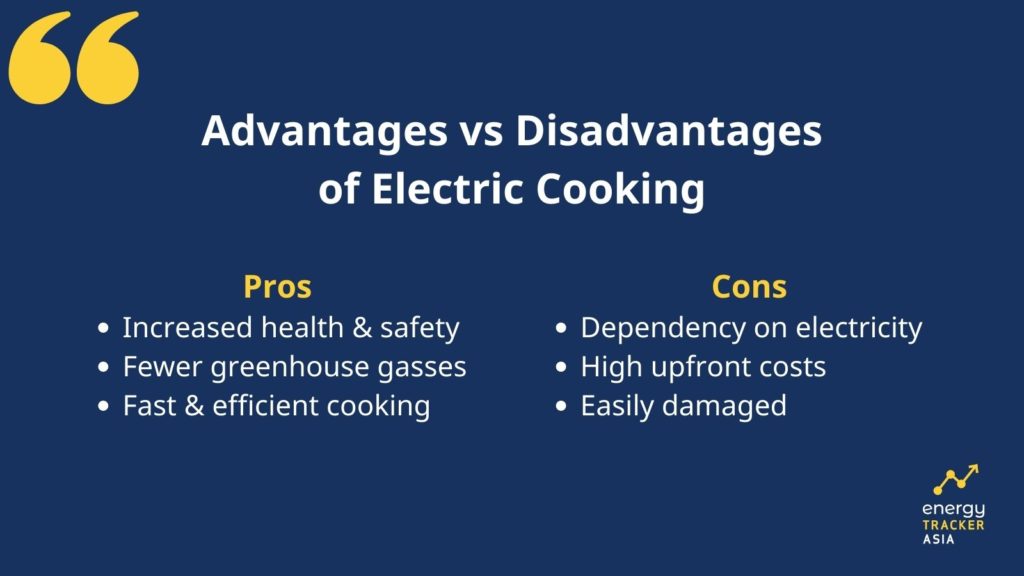The Rise of Electric Cooking
Photo by Wall Street Journal
14 September 2022 – by Eric Koons Comments (0)
Many governments and businesses view natural gas as a solution to improve accessibility to cooking, but it has several associated issues that electric cooking does not. This theme extends further to energy production, where some view natural gas as the solution to a range of global sustainability issues.
Regarding energy, fossil-fuel lobbyists are keen on replacing coal and oil with natural gas. This alternative produces fewer emissions but still has far more than other renewable or low-carbon opportunities. This has led to significant pushback from sustainability advocates. However, natural gas appears as if it will still play a major role in the global energy mix.
In a similar vein, the use of natural gas for cooking is being encouraged as a default choice for food preparation. According to the International Energy Agency (IEA), natural gas is a vital cooking fuel for global households. Roughly half of the households in developing nations use gas, and almost 70% of homes use it in developed countries. However, studies show that using natural gas for cooking leads to a wide range of health issues. Additionally, gas is related to the environmental problems that lead to climate change.

Are Electric Stoves Good for Cooking?
Electric stoves have become increasingly popular in recent years. Many people believe that they are better than gas stoves for cooking. Best electric stoves are easier to clean than gas stoves. An electric cooking stove also provides more consistent heat than a gas cooker, which can be important for certain types of cooking. Also cooking using electric cooktops can be a sustainable alternative that doesn’t have significant health implications. Additionally, when coupled with renewable energy, it supports the global energy transition and the development of long-term energy and cooking infrastructure.
Here are some pros and cons of electric cooking:
Advantages Of Electric Cooking – Pros
Electric cooking has several advantages, making it a much more exciting and sustainable cooking option than natural gas. Some of them include:
1. Increased health and safety
As no combustion happens, no particulates and gases enter the home. Also, natural gas cooktops leak. These issues are immediately put to rest when using an electric cooking appliance and have significant benefits for the health of those within the household.
2. Fewer greenhouse gases
Using electricity reduces the amount of natural gas used in the home and decreases opportunities for gas leaks in the supply chain. Additionally, embracing electric cooktops minimises the need and demand for natural gas. This supports a transition away from fossil fuels and the adoption of renewables.
3. Fast and efficient cooking
Induction cooktop can cook food almost 50% faster than their natural gas counterparts. This is due to the technology in induction plates, which ensures increased energy efficiency by focusing the heat directly on the pot. This makes the entire cooking process more efficient and accessible.

Disadvantages Of Cooking With Electricity – Cons
Likewise, there are also a few disadvantages of electric cooktops, with the main ones being:
1. Dependency on electricity
Unlike natural gas, electric cooking relies on an active electrical connection. Natural gas cooking is much more versatile, with options like portable stoves or canister-based units.
2. Up-front costs
Induction ranges and cooktops can be more expensive to buy and install, and they require specific cookware that is compatible with induction cooking. These costs can be prohibitive in low-income areas. However, they are typically less expensive in the long run. This is largely due to the relative stability of electricity prices and extreme volatility in the cost of natural gas.
3. Easy to damage
Gas range tops are typically made of sturdy materials, and they are more durable. The price of replacing or repairing induction ranges and cooktops can be expensive.

Which Is Better: Electric Cooking vs Gas Cooking?
The importance of transitioning towards electric cooking may not seem relevant outright. However, a recent study by Standford notes, “In order to fully achieve a carbon-neutral energy infrastructure, we need to phase out from fossil fuels to electric appliances, a process which will take time, especially in homes which already have gas infrastructure.”
The importance of turning off the gas tap has a far-reaching impact beyond our kitchens and direct health. Electric cooking provides a two-fold opportunity to reduce global reliance on fossil fuels and simultaneously improve our health.
Like many sustainable technologies, the up-front cost may be more expensive than the default choices. However, these new alternatives provide a wide range of benefits and are cheaper to operate in the long run.
As the world moves towards securing a low-carbon future, making seemingly small moves, like embracing electric cooking, will bring about comprehensive, positive change.

by Eric Koons
Eric is a passionate environmental advocate that believes renewable energy is a key piece in meeting the world’s growing energy demands. He received an environmental science degree from the University of California and has worked to promote environmentally and socially sustainable practices since. Eric’s expertise extends across the environmental field, yet he maintains a strong focus on renewable energy. His work has been featured by leading environmental organizations, such as World Resources Institute and Hitachi ABB Power Grids.
Read more